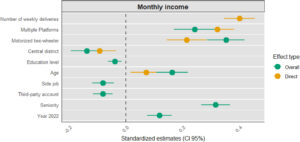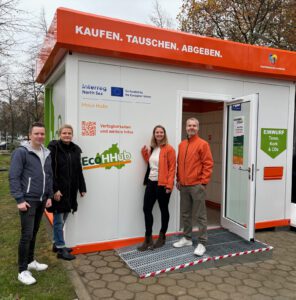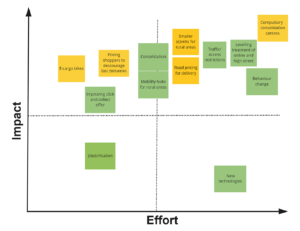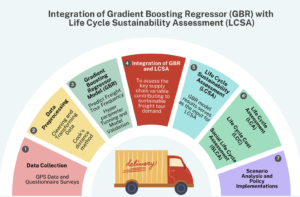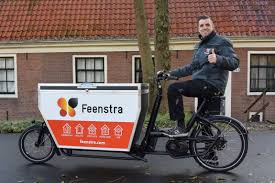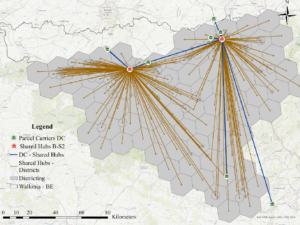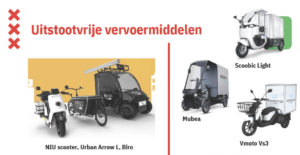Freight transport by vans in Switzerland: operational profiles, challenges and options for action
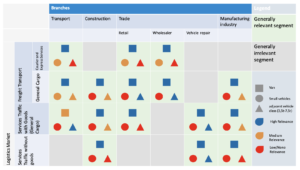
Freight transport using light commercial vehicles in Switzerland is increasing at a faster rate than overall freight transport. A 2023 study examined the role of various types of light vehicles in commercial traffic, identified and evaluated operational patterns across freight and service transport segments, highlighted key areas of conflict, and assessed potential future developments and …


